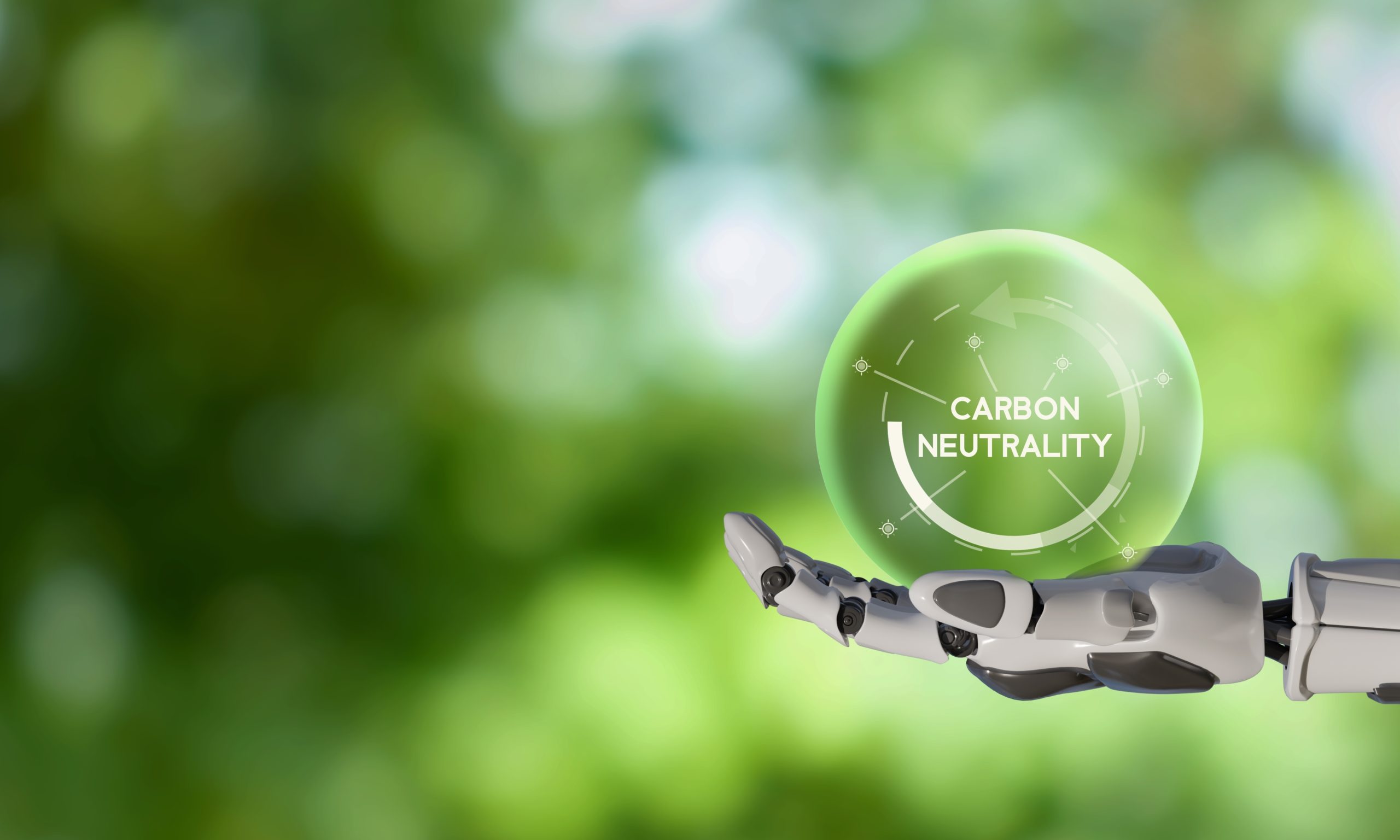The European Hydrogen Strategy recognizes hydrogen as an important element for the decarbonization of transport, industry and heat production to achieve zero emissions by 2050.
The Croatian Hydrogen Strategy until 2050 emphasizes the advantages of developing the potential related to the hydrogen economy and is aligned with the goals of the European Hydrogen Strategy, as well as
with the National Development Strategy of the Republic of Croatia until 2030.
Study of the Development Plan and Implementation of the Croatian Hydrogen Strategy by 2050 - defines the goals, measures and the dynamics of implementing the strategy and also serves as a basis for the fulfilment of obligations under the directive on the promotion of Energy from renewable energy sources (RED III EU directive).
Green hydrogen has a significant place in European structural and investment funds. Investments in hydrogen-related technologies are expected to contribute to the development of the circular economy and
the energy transition towards a climate-neutral European Union.
For a hydrogen-based economy, cross-sectoral cooperation and dialogue between all stakeholders is necessary to ensure adequate regulatory conditions based on best practices.
The Croatian Hydrocarbon Agency has high-quality professional staff for support in achieving the goals of the National Recovery and Resilience Plan based on the Croatian Hydrogen Strategy.





